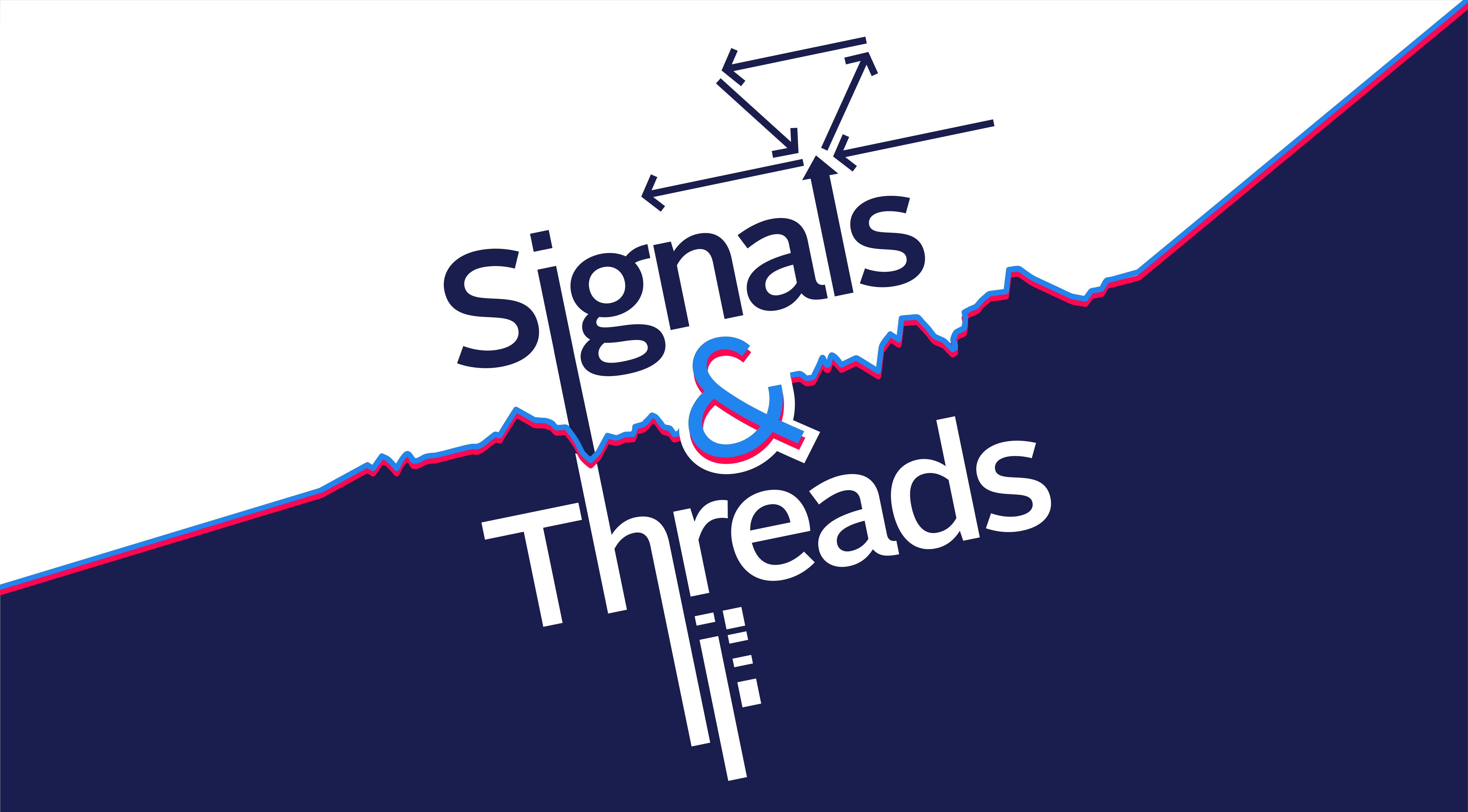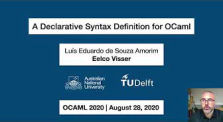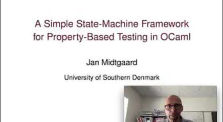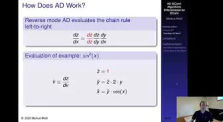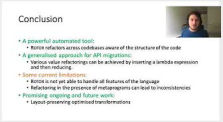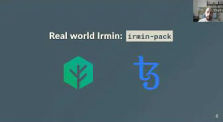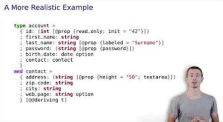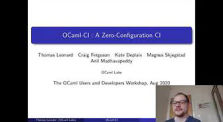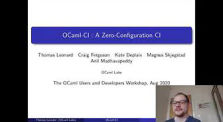Blog
The OCaml Planet RSS
Articles and videos contributed by both experts, companies and passionate developers from the OCaml community. From in-depth technical articles, project highlights, community news, or insights into Open Source projects, the OCaml Planet RSS feed aggregator has something for everyone.
Want your Blog Posts or Videos to Show Here?
To contribute a blog post, or add your RSS feed, check out the Contributing Guide on GitHub.
I’m excited (and slightly terrified) to announce that Jane Street isreleasing a new podcast, called Signals andThreads, and I’m going to be thehost.
In this talk, we present our work on a syntax definition for the OCaml language in the syntax definition formalism SDF3. SDF3 supports the high-level definition of concrete and abstract syntax through declarative disambiguation and definition of c...
Since their inception, state-machine frameworks have proven their worth by finding defects in everything from the underlying AUTOSAR components of Volvo cars to digital invoicing systems. These case studies were carried out with Erlang’s commercia...
AD-OCaml is a library framework for calculating mathematically exact derivatives and deep power series approximations of almost arbitrary OCaml programs via algorithmic differentiation. Unlike similar frameworks, this includes programs with side e...
In this talk we describe our experience in using an automatic API-migration strategy dedicated at changing the signatures of OCaml functions, using the Rotor refactoring tool for OCaml. We perform a case study on open source Jane Street libraries ...
Irmin is an OCaml library for building distributed databases with the same design principles as Git. Existing Git users will find many familiar features: branching/merging, immutable causal history for all changes, and the ability to restore to an...
OCaml programmers make deliberate use of abstract data types for composing safe and reliable software systems. The OCaml compiler relies on the invariants imposed by the type system to produce efficient and compact runtime data representations. Be...
SmartPy is a complete system to develop smart-contracts for the Tezos blockchain. It is an embedded EDSL in python to write contracts and their test scenarios. It includes an online IDE, a chain explorer, and a command-line interface. Python is us...
OCaml-CI is a CI service for OCaml projects. It uses metadata from the project’s opam and dune files to work out what to build, and uses caching to make builds fast. It automatically tests projects against multiple OCaml versions and OS platforms...
OCaml-CI1 is a CI service for OCaml projects. It uses metadata from the project’s opam and dune files to work out what to build, and uses caching to make builds fast. It automatically tests projects against multiple OCaml versions and OS platforms...
